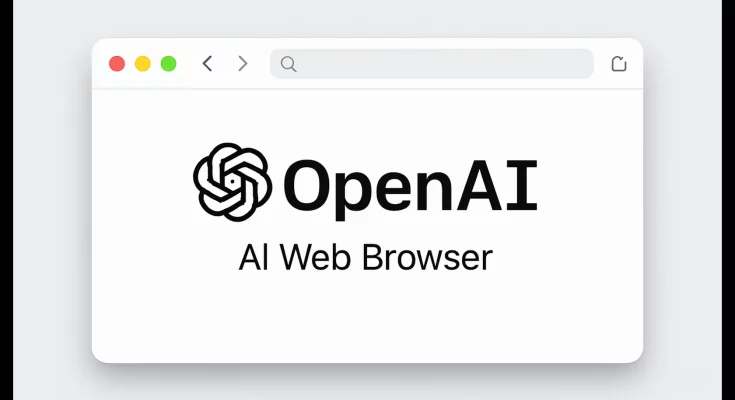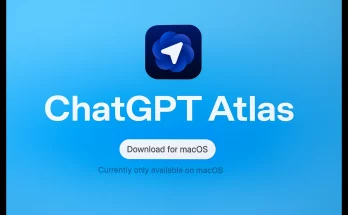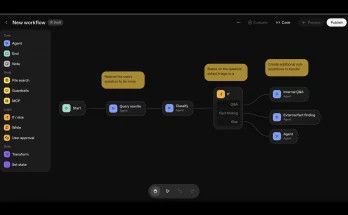OpenAI is set to disrupt the internet browsing landscape with the anticipated launch of its AI web browser in the coming weeks. This innovative browser reportedly features a built-in AI agent that promises to redefine how users interact with the web.
What to Expect from the New AI Web Browser
- Native ChatGPT Interface: The new browser will come with a “native” ChatGPT interface, ensuring direct interactions with the AI for enhanced user experience.
- Operator AI Agent: With the integration of the Operator AI agent, users will be able to book reservations, fill out forms, and carry out numerous tasks seamlessly.
- Powered by Google’s Open-source Engine: The browser will utilize Google’s open-source engine, Chromium, aligning it with some of the most popular browsers like Chrome and Edge.
Implications for Industry Leaders
OpenAI’s upcoming browser is seen as a potential rival to existing giants such as Google Chrome, especially considering the recent launch of an AI web browser by Perplexity. This new browser integrates an AI search engine along with a built-in assistant, further raising the competitive stakes.
The Future of Browsing with AI
Experts predict that the integration of AI in web browsers is not just a trend, but a critical move towards an “agentic” future where browsers can handle complex tasks on behalf of users.
Comparative Landscape
- Perplexity’s Comet: Recently launched with a subscription model, it directly competes by providing users with AI functionalities that automate searching and form-filling.
- Google Chrome: Perhaps facing pressure due to federal regulations and potential antitrust lawsuits, Google must adapt swiftly to retain its dominance.
OpenAI’s Milestones in Browser Development
This is not the first foray for OpenAI into browser technology.
- Previous Reports: Last year, reports indicated that OpenAI was contemplating a browser, backed by key personnel from the Chrome development team.
- Integration with ChatGPT: In 2024, OpenAI began adding live web search capabilities within ChatGPT, signaling a roadmap toward an interactive browsing experience.
What This Means for Users
For the end-user, this could simplify browsing significantly:
- Improved accessibility with AI handling mundane tasks.
- Enhanced search capabilities that leverage AI’s understanding of user intents.
- A seamless integration of chat functionalities, making information retrieval more conversational.
With the anticipated launch of OpenAI’s AI web browser, the tech landscape is poised for a significant shift. As AI becomes more integrated into everyday tools, users can expect a browsing experience that not only simplifies tasks but also enriches their interaction with digital platforms.
Stay tuned as OpenAI pushes boundaries, ensuring the browser landscape evolves to meet the needs of its users effectively.



